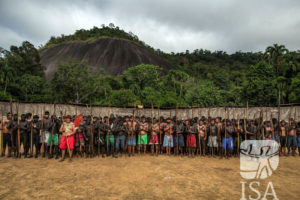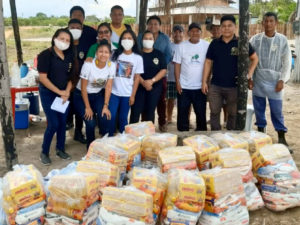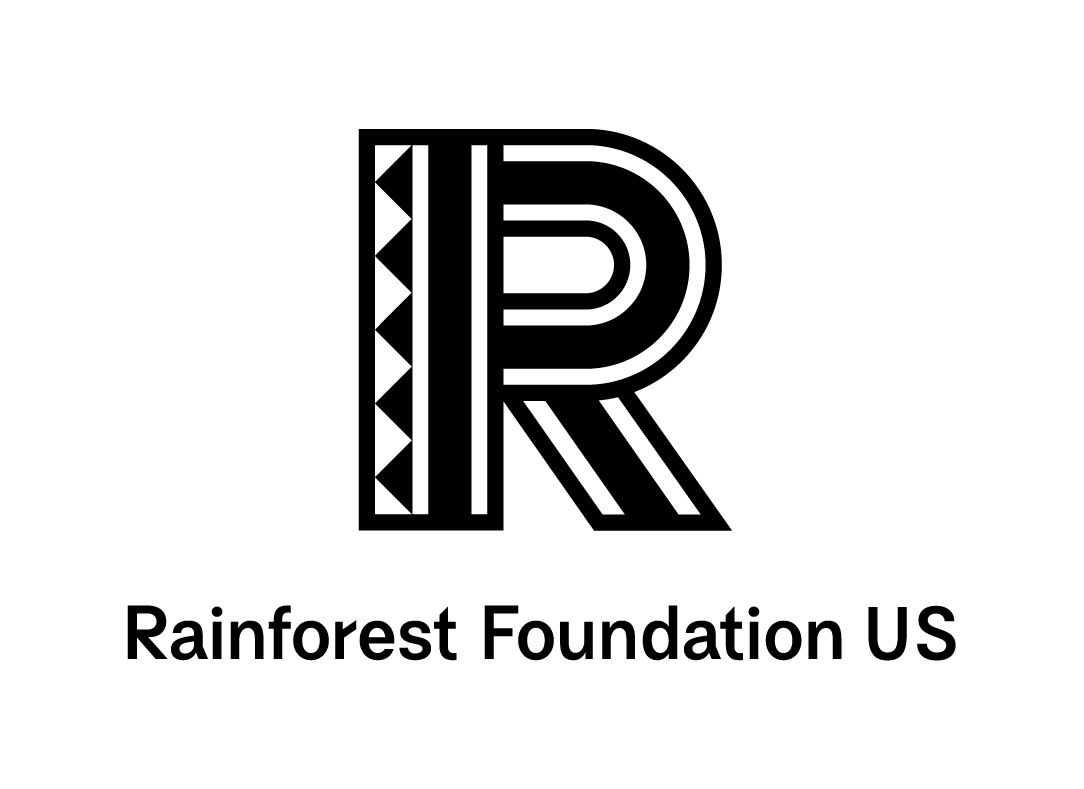New Study Reveals Oil Contamination
The Foundation of Quechua Communities of the Pastaza River (FEDIQUEP) has been protesting water pollution on Quechua lands for over 40 years. After years of petitioning the Peruvian government, samples were taken from their territories in October 2012. The results showed the impact of oil extraction on Quechua lands: 11 out of 12 indigenous communities’ sources of drinking water are toxic and unsuitable for human consumption.
Peru’s Ministry of Health (MINSA), the General Directorate of Environmental Health (DIGESA), and the National Water Authority (ANA) took water and sediment samples from rivers, streams, and reservoirs. The Environmental Assessment and Enforcement Agency (OEFA) took ground samples from Monte Charcras (small farm plots). The communities tested include Los Jardines, Alianza Capahuar, Sabaloyacu, Pañayacu, Titiyacu, Porvenir, Nuevo Andoas, Alianza Topal, Andoas Viejo, Soplin, Loboyacu, and Sungache.
Results gathered in February of 2013 found that Los Jardines is the only community to have clean water—owing to the fact that they get their drinking water from their local oil refinery camp. The Pastaza River, water table, and the greater ecosystem have all been affected by the presence of oil spills. Contaminants found in the samples were iron, lead, zinc, aluminum, magnesium, boron, E. Coli and related bacterial strains, and a variety of the chemical byproducts of oil refinement.
Exposure in high concentrations or over extended periods of time to toxic heavy metals cause muscle pain and weakness, developmental disabilities, nausea, vomiting, diarrhea, seizures, comas, cancers and death. Long term or high dosage exposure to oil derivatives degrade the central nervous system, which in turn causes breathing difficulties, fatigue, headache, nausea, drowsiness and irritation of the skin and eyes. Lead is absorbed more quickly in children compared to adults, which causes more physical harm during critical stages in their development. Left without alternatives, the Quechua people drink this contaminated water and eat animals that feed off contaminated lands.
Putting an End to Impunity
For decades, the Peruvian government has allowed contamination of the ground in these territories at a level of 30 times above standards which are enforced elsewhere. A lack of consistent policy and enforcement has resulted in the destruction of the communities’ water sources.
Environmental monitors—in collaboration with Rainforest Foundation US—documented 50 areas that Pluspetrol claims to have rehabilitated but are still contaminated with hydrocarbons. Another 21 “remediated” areas still contain heavy metals.
The oil pipelines must be cleaned, or destroyed and replaced where they cannot be repaired. Existing wells must be disinfected and measured out with doses of chlorine, and new wells should be constructed. Rehabilitation of water systems and construction of treatment plants should be a basic requirement. Supervision is necessary to make sure the oil pipelines meet industry standards and are well maintained. On the level of policy, more control needs to be put on the practices of oil extraction so that oil companies will be held accountable for the crippling consequences of their profit-seeking.





